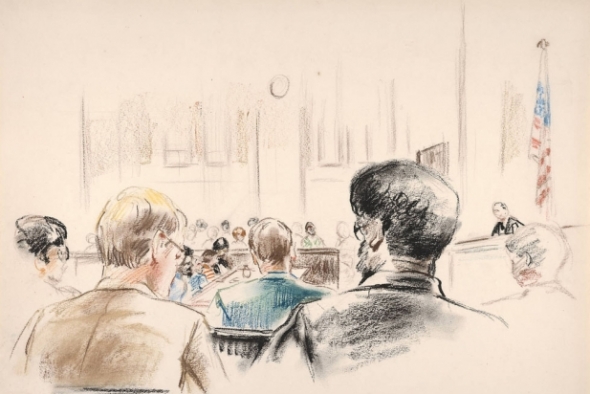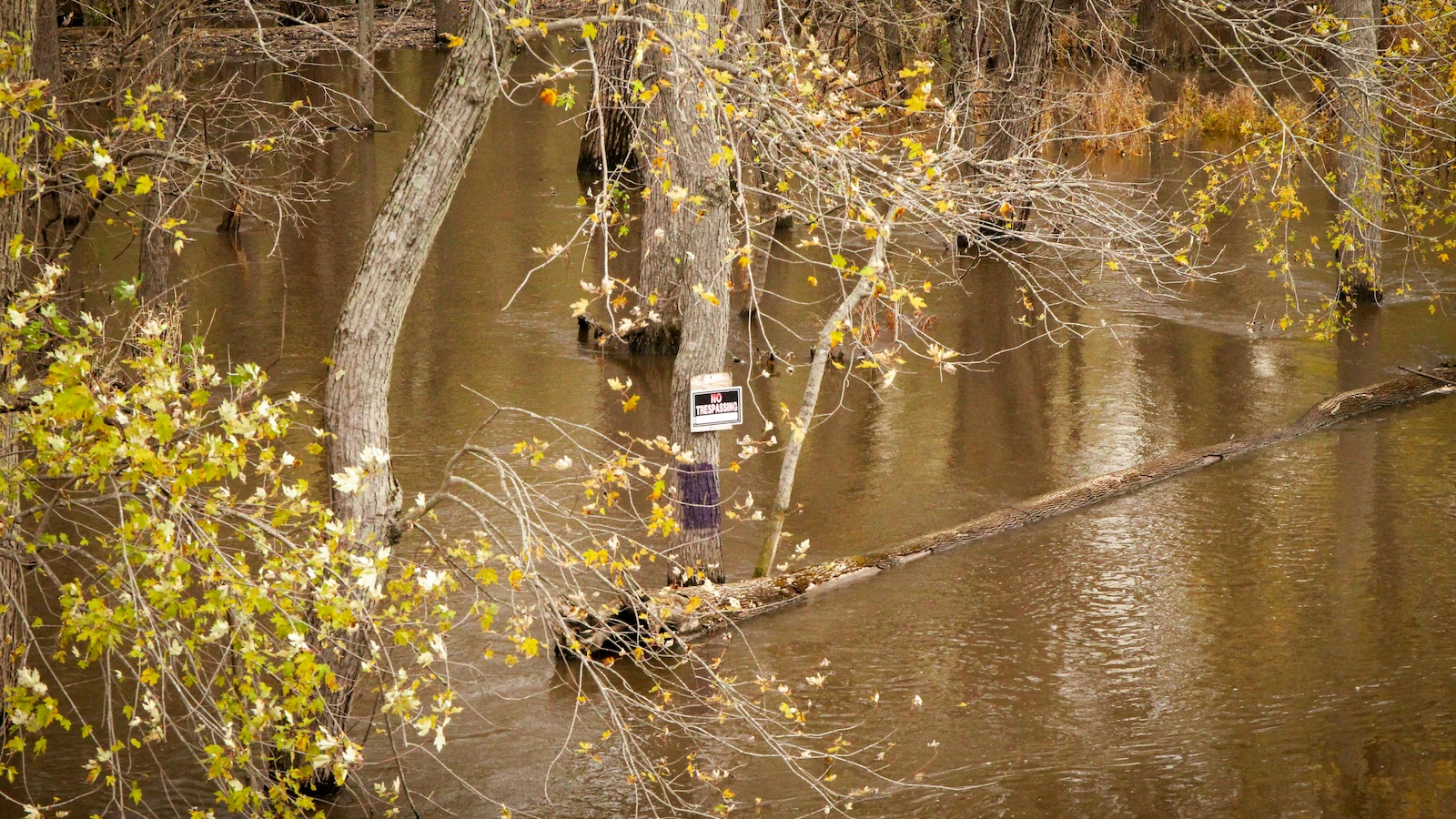Sometimes, it’s good to be a plaintiff’s attorney. Why? Fee shifting. You don’t need a big win in lawsuits where statutes allow the court to make the defendant pay the plaintiff’s legal fees. Even if the plaintiff only obtains a small award (as little as a dollar), a “win” entitles plaintiff’s counsel to submit fees to the defendant for reimbursement. It seems almost too good to be true! But that is what the law allows in most employment-related cases.
You might ask: What stops plaintiff’s counsel from submitting made-up or inflated fees for reimbursement? Nothing!
The plaintiff’s counsel submits the fee petition to the court, and the court is the only gatekeeper that decides the appropriateness of the request. In a perfect world, a court would review the fee petition carefully, scrutinizing counsel’s listed activities to make sure that those services were actually rendered and that the time billed to those activities was reasonable. But in the real world, courts usually only make reductions for entries or activities that are clearly duplicative, exorbitant or outrageous.
Based on these fee-shifting provisions, it is important to caution your clients that any employment claim, no matter how seemingly minor, can turn into a case that exhausts their insurance policy limits. For example, in a recent case in San Francisco (Kim Muniz v. United Parcel Service, Inc.), plaintiff Muniz had demanded $700,000 to settle her case. No settlement was reached, and the case went to trial. At trial, Muniz was only awarded $27,000. However, that award was soon followed by a $2 million fee petition by plaintiff’s counsel. The court reviewed the petition and reduced the fees submitted to approximately $700,000. Although the reduction was substantial, what was a minor victory for the plaintiff still resulted in a major victory for plaintiff’s attorneys.
When you add it all up, the bottom-line expenses for the employer in the Muniz matter would include the following: 1) plaintiff’s award of $27,000, 2) plaintiff’s counsel fee award of $700,000, and 3) estimated defense expenses at least equal to the plaintiff’s $700,000 fee and likely much more.
If your client had a $1 million employment practices liability policy, the policy would almost have been exhausted just by the client’s own defense expenses, leaving little to fund an award or the award of plaintiff’s attorney fees. Unless your client had other applicable insurance coverage, the client would have to dig into its own pocket.
What does this mean for your clients? It means that when clients seek insurance protection for employment-related lawsuits they should consider not only the potential award but also the possible fees for plaintiff’s attorneys if even $1 is awarded to the plaintiff. Even the smallest of victories for plaintiffs can still leave the employer holding the bag.
Buyers beware! Carefully consider your client’s EPLI coverage and ask yourself: Are their limits adequate?





